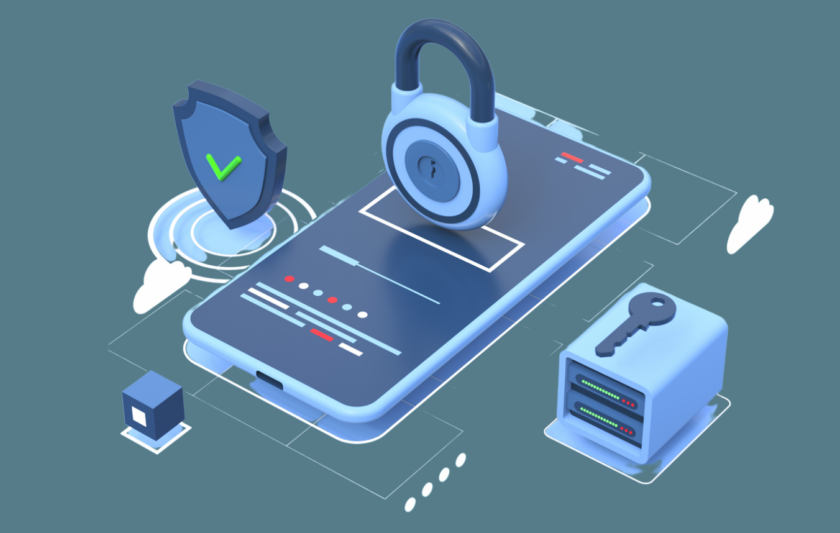In an era driven by advanced technology and online communication, the world of scams has undergone a rapid transformation. Fraudsters and cybercriminals have taken this new ‘business’ to the next level, exploiting unsuspecting victims and leaving a trail of financial and emotional devastation.
Recently, Morrows has observed increased attempted fraudulent activities happening to clients following the Medibank Private, Latitude Financial and Optus data leaks. Scammers now seem to target individuals whose data and identities have been compromised by these recent breaches, including some of our valued clients.
Recognising the importance of this, we have prepared a range of articles to help inform and keep clients safe. Our first article in our Cyber Security Series discusses practical steps to prevent Cybercrime.
Here are some initial tips:
- Be Wary of Unsolicited Communication: Avoid unsolicited emails, phone calls, or messages asking for personal information or financial details. Legitimate organisations don’t request sensitive information via unsolicited means. Impersonation scams are quickly becoming one of the most common threats.
Ask yourself:
– Does it make sense for this organisation to contact you using this method of communication?
– Are they requesting payment to an unusual account?
– Are they happy for you to call them back? Take down the phone number, however always call them back on a verified number (don’t rely on the number they called you on) - Stay informed about common scams: Recognise red flags and warning signs. A list of the most common scams can be found in our article ‘Protect yourself from Scammers: Recent breaches and tips to help you stay safe’ and on the Scamwatch website.
- Be Careful Online: Only provide sensitive details on secure websites and avoid oversharing on social media platforms.
- Use Strong and Unique Passwords: Each platform needs a unique password. Consider a password manager to store and create complex passwords securely. Try not to follow a pattern in your passwords. It is very common to start with a capital letter then include lower case letters and finish with numbers or special characters eg. Password1234&. While that example meets all of the criteria for a complex password it will be faster to crack than something like p12aSS&wo34Rd.
- Verify Authenticity: When dealing with financial transactions or sensitive information, verify the authenticity of the website, organisation, or individual you are interacting with. Ensure you communicate with them on a trusted phone number or website.
- Monitor Financial Accounts: Regularly monitor your bank and credit card statements for suspicious activity. If you notice anything unusual, report it to your financial institution immediately.
- Keep Software Updated: Ensure all of your devices (computers, tablets, phones, etc) operating system, antivirus software, and other applications are updated with the latest security patches. Regular updates help protect against known vulnerabilities.
- Utilise Multi-Factor Authentication: Enable multi-factor authentication (MFA) whenever possible for extra security over username and password access. MFA requires a secondary verification method, such as a unique code from an authenticator app, sent via SMS or from a physical security key. Sites and services are adding the ability to use MFA all of the time, you should enable it where available.
By staying informed about the latest scam techniques and implementing preventative measures, such as exercising caution online, using strong passwords, and verifying authenticity and using multi-factor authentication (MFA), we can collectively combat the evolving threat of scams and protect ourselves from falling victim to these deceptive practices.
If you have encountered identity theft or believe you have been a victim of cybercrime, please read our article ‘What you should do if you have been exposed in a data breach’.





